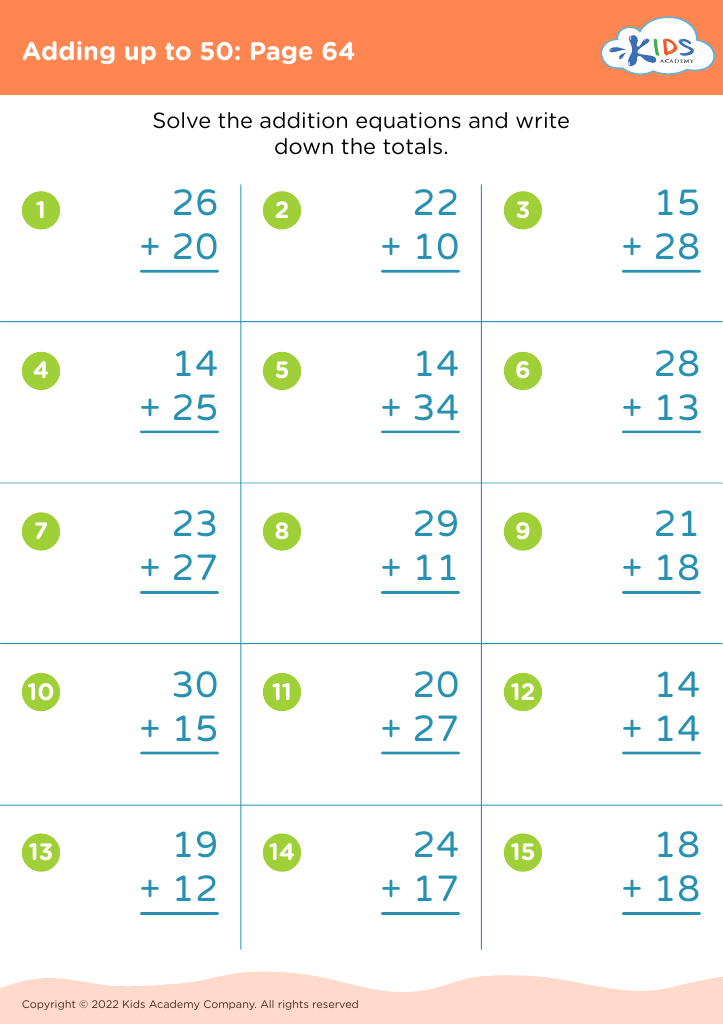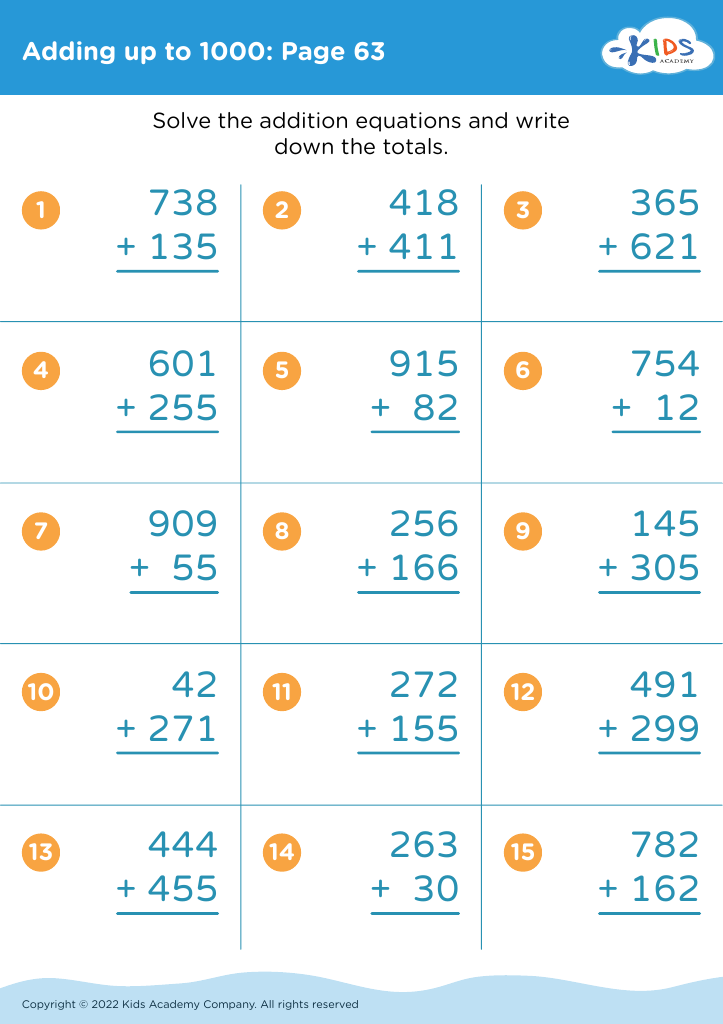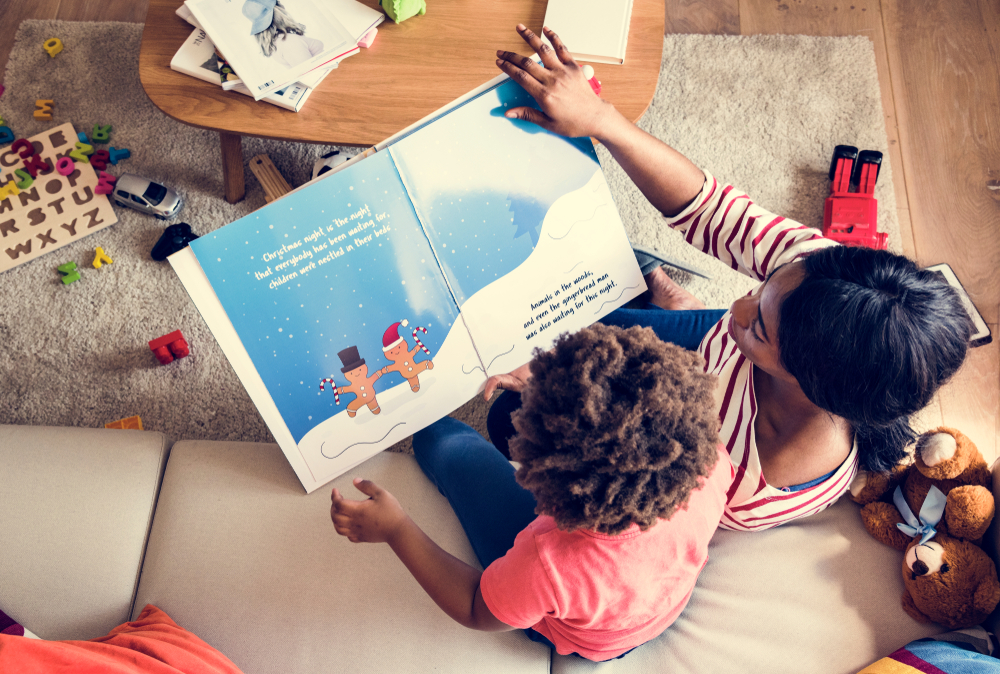Comparing numbers Math Worksheets for Ages 3-9
8 filtered results
-
From - To
Discover an enjoyable way for children ages 3-9 to enhance their math skills with our Comparing Numbers Math Worksheets. Perfectly tailored to young learners, these worksheets offer engaging activities that develop their understanding of number value and comparison. Crafted by educational experts, the exercises range from simple to challenging, accommodating various learning paces. Enhance numerical fluency and build a solid foundation in math. Ideal for classroom or home use, watch as kids have fun while mastering essential math concepts, boosting both confidence and competence in their mathematics journey. Start making comparisons delightful and educational today!
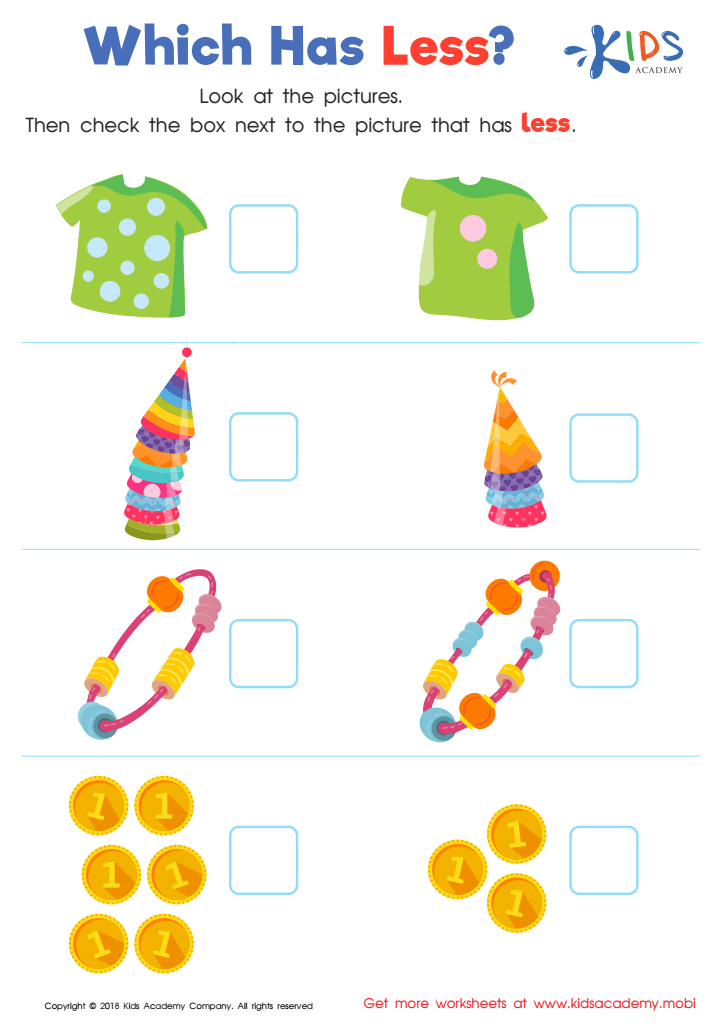

Which Has Less? Worksheet
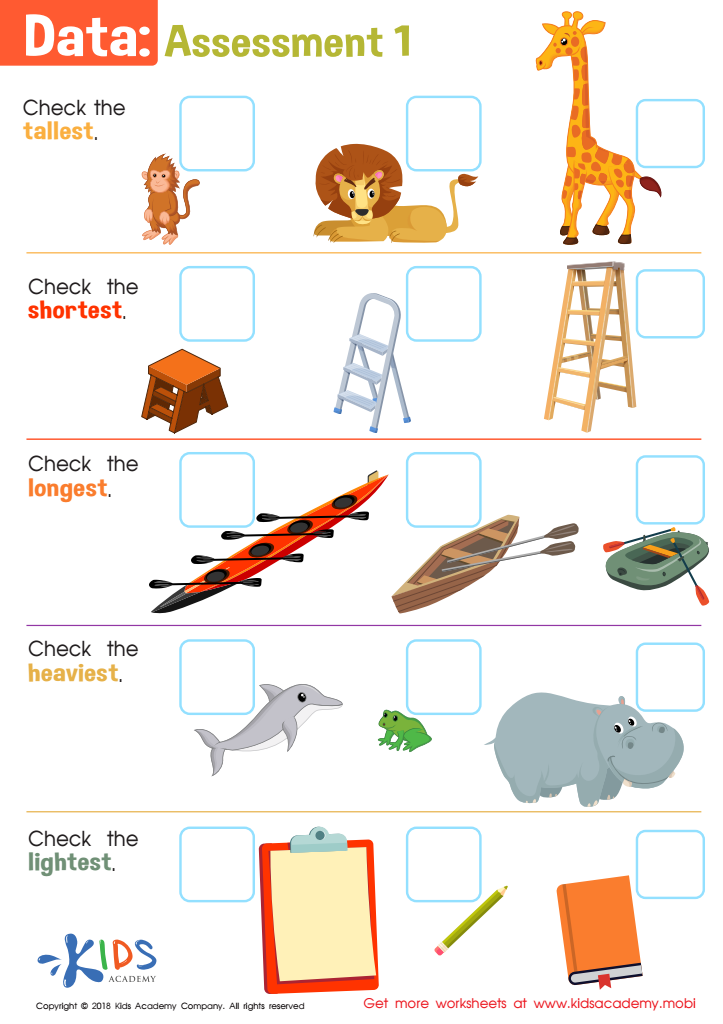

Data: Assessment 1 Worksheet
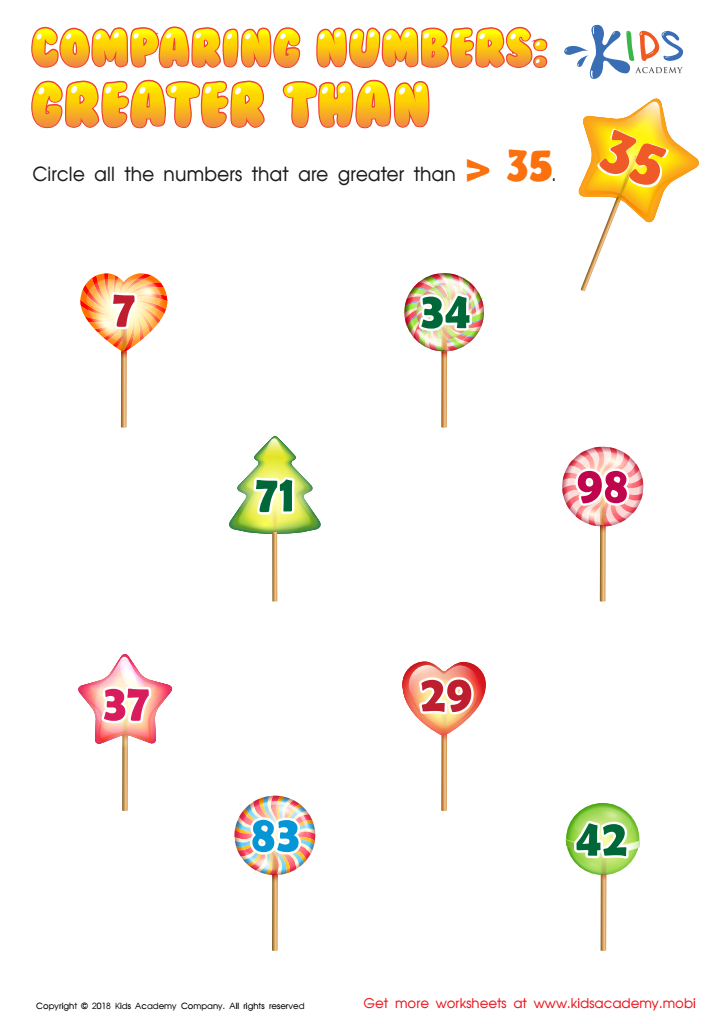

Greater Than Worksheet
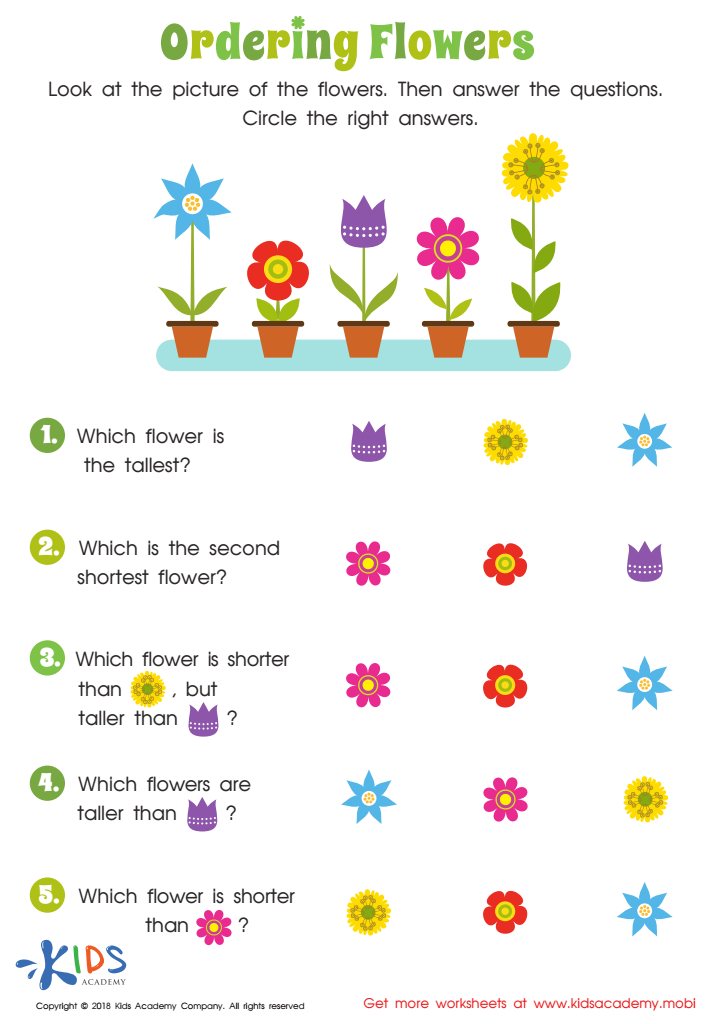

Ordering Flowers Worksheet
Understanding how to compare numbers is a foundational math skill, essential for young children. For kids ages 3-9, comparing numbers aids in developing critical thinking and problem-solving abilities. It helps children recognize relationships between numbers, which is crucial for higher-level math concepts like addition, subtraction, and eventually multiplication and division.
Teaching young children to compare numbers can also enhance their everyday decision-making skills. For example, deciding which jar has more cookies or understanding time concepts (like shorter vs. longer durations) rely on comparing quantities. This skill supports their ability to interact effectively with the world around them.
Moreover, engaging with number comparisons can boost children's confidence in their math abilities. When kids successfully determine which of two numbers is larger or smaller, they develop a sense of achievement and are more likely to tackle other math challenges enthusiastically.
Teachers and parents play a crucial role in nurturing these skills through simple and fun activities like games, stories, and hands-on experiments. Effective early education in comparing numbers will set a strong foundation for children's future academic success, making them more comfortable and proficient in math as they advance to higher grades. Thus, focusing on this fundamental concept in early childhood is both important and beneficial.


 Assign to My Students
Assign to My Students
